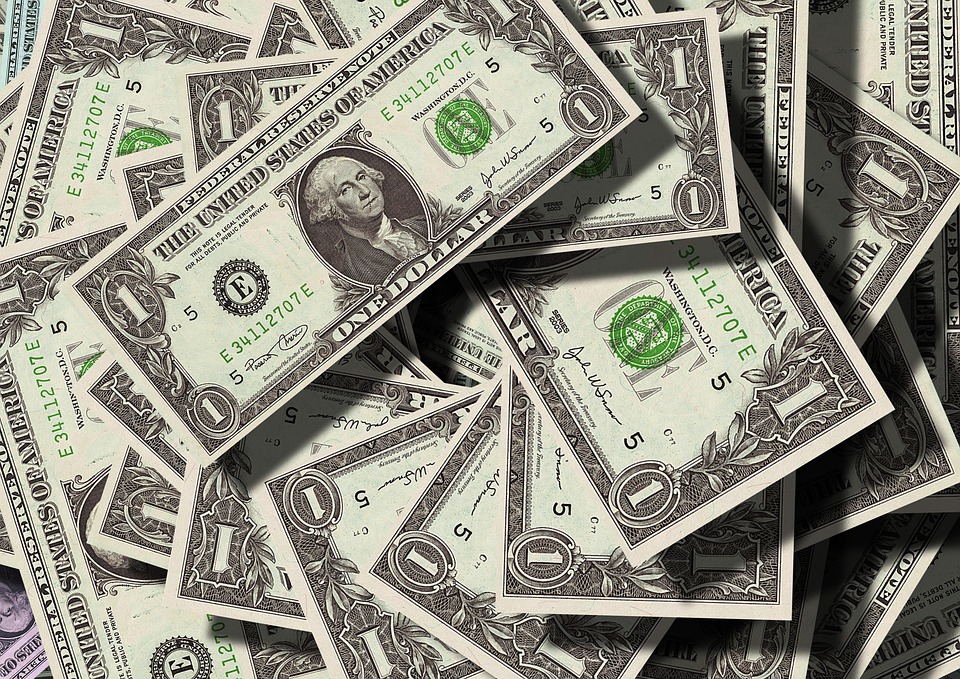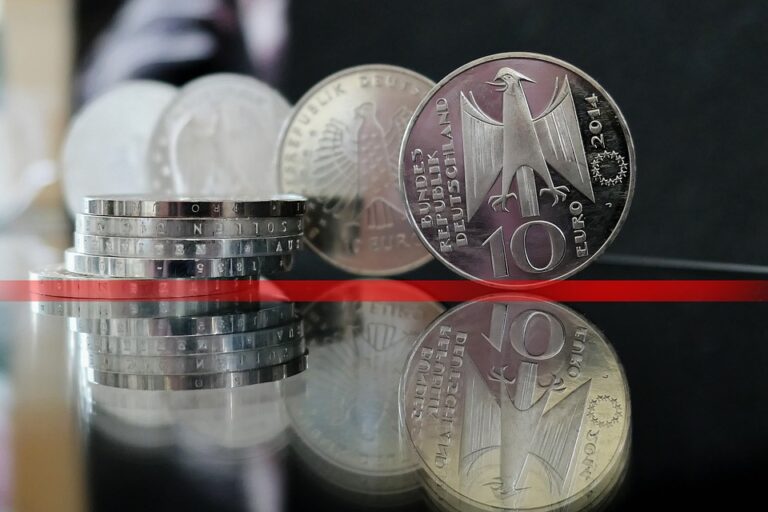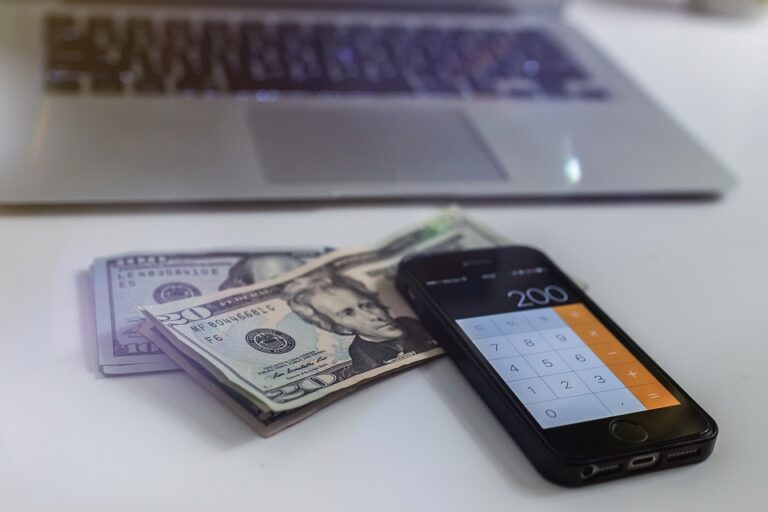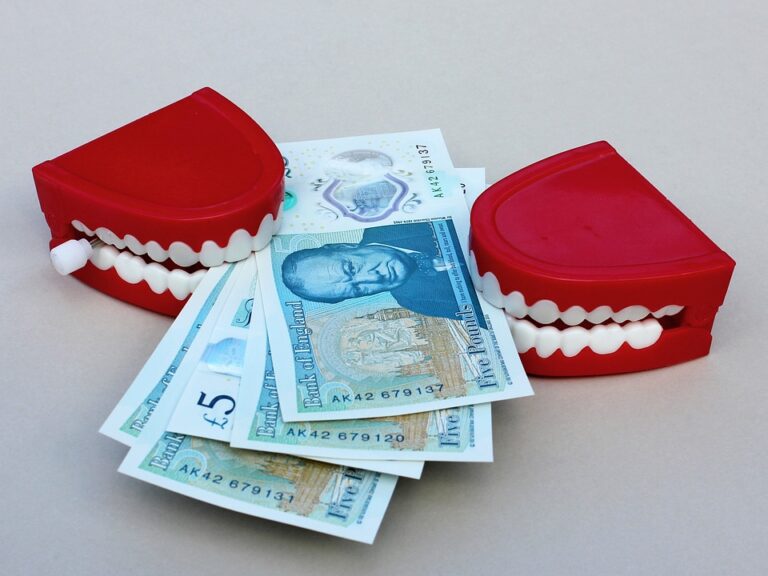Last updated Jun. 19, 2024 by Peter Jakes
In a world where every penny counts, finding additional ways to save money can make a substantial difference in your financial well-being. Sure, you’ve heard the usual advice: skip the morning coffee from your favorite café, or pack a lunch instead of eating out. But what about those lesser-known strategies that can help you save an extra $20 each week? It may not sound like much, but over the course of a year, that’s over $1,000 in savings! Here, we’ll explore some innovative and lesser-known ways to help you reach this goal and improve your financial health.
1. Cashback Apps and Websites
Numerous cashback apps and websites reward you for making purchases you would normally make anyway. Consider using apps like Rakuten, Honey, or Ibotta, which often provide cashback on groceries, clothing, and even travel bookings. By diligently using these apps, you can easily accumulate an additional $20 in savings each week.
Tip: Stack cashback offers with coupons and in-store promotions for even greater savings!
2. Round-Up Savings Programs
Many banks and financial institutions offer round-up savings programs where they round up your transactions to the nearest dollar and transfer the difference into a savings account. For example, if you spend $7.20, they will round it up to $8 and put the extra $0.80 into savings. This can add up quickly without you even noticing.
Tip: Enroll in multiple round-up programs if you use more than one bank account for greater cumulative savings.
3. Unused Subscriptions Audit
Take an hour to review all your current subscriptions, from streaming services to magazines. You might be surprised at how many of these you hardly use. Cancelling just one or two unused subscriptions can lead to an immediate savings of $20 or more.
Tip: Use subscription management apps like Truebill or Trim to help you identify and cancel unwanted subscriptions effortlessly.
4. Energy Usage Monitoring
Electricity bills can be sneaky. By using energy-monitoring devices such as smart thermostats or energy usage apps provided by your utility company, you can identify power-hungry appliances and find ways to reduce consumption. Simple changes like using energy-efficient light bulbs or unplugging devices not in use can easily save you $20 a week on your electricity bill.
Tip: Many utility companies offer free energy audits. Taking advantage of this can provide personalized suggestions for lowering your bill.
5. Meal Prepping
Meal prepping can save you significant amounts of money by reducing food waste and the need for impulsive, expensive meals. Plan your meals for a week, prepare them in advance, and store them properly. Buying ingredients in bulk and cooking at home is almost always cheaper than eating out.
Tip: Invest in quality storage containers to keep your prepped meals fresh longer, thus reducing food spoilage.
6. Community Tool Sharing
Join or create a community tool-sharing program. This allows you and your neighbors to share rarely used tools like lawnmowers, snow blowers, or even high-end kitchen gadgets. By sharing these items, everyone saves money, reducing the need to buy these expensive items individually.
Tip: Use social media platforms to organize and communicate with your group, and consider using a shared calendar to manage borrowing schedules.
7. DIY Household Items
Many household items like cleaners and air fresheners can be made at home using simple, inexpensive ingredients. Not only is this cost-effective, but it’s also often healthier and more environmentally friendly. A bottle of homemade all-purpose cleaner can cost pennies compared to store-bought versions.
Tip: Search online for DIY recipes for household products. Sites like Pinterest offer a plethora of ideas and instructions.
8. Thrift Shopping
Before buying anything new, consider thrift shopping. Whether it’s clothes, books, or furniture, you can find high-quality items at a fraction of the cost. Second-hand shopping is not only good for your wallet but also better for the environment.
Tip: Learn the sales cycle of thrift stores. Many offer additional discounts on certain days of the week.
9. Library Card Utilization
Your local library card can be a gateway to immense savings. Libraries offer not just books but also movies, music, and even digital resources such as e-books and online classes. By utilizing these resources, you can save a lot on entertainment and education costs.
Tip: Some libraries also offer passes to local museums and attractions for free or at a discounted rate.
10. Reduce Car Usage
Try reducing the use of your car by walking, biking, or using public transportation for short trips. Not only does this save on gas, but it can also reduce wear and tear on your vehicle, leading to long-term savings on maintenance expenses.
Tip: Consider forming a carpool group for work or school to save even more on transportation costs.
FAQs
Q: How can I ensure I stay consistent with these saving methods?
A: Consistency is key to realizing significant savings. Setting reminders on your phone, making use of budget tracking apps, and regularly reviewing your progress can help you stay on track. It’s also useful to periodically review and adjust your savings methods to suit your evolving lifestyle.
Q: Are cashback apps safe to use?
A: Most popular cashback apps are safe to use and have strong security measures in place. However, it’s essential to do your research and read reviews before signing up. Always use trusted platforms and avoid sharing sensitive information like your social security number.
Q: Can I really save $20 a week using these methods?
A: Yes, with diligent implementation and monitoring, these methods can help you save even more than $20 a week. The key is consistency and making small changes that accumulate over time.
Q: What if I already use some of these methods?
A: If you’re already using some of these methods, you are ahead of the game! Consider combining multiple strategies or exploring new ones that you haven’t tried to maximize your savings.
Q: How do round-up savings programs work and are they costly?
A: Round-up savings programs work by rounding up your everyday transactions to the nearest dollar and transferring the difference into a savings account. For example, if you spend $5.70, the program will round it up to $6 and transfer the $0.30 difference to your savings. Most programs are free, but it’s always good to check with your bank for any fees associated.
Q: What should I do with the money I save?
A: That depends on your financial goals. You might want to use it to pay down debt, put it into an emergency fund, save for a specific goal like a vacation or a new car, or invest it for long-term growth. It’s essential to have a plan for your savings to ensure they are used effectively.
Q: How do I know if an energy audit is available in my area?
A: You can usually find information on energy audits by visiting the website of your local utility company or calling their customer service. Additionally, government energy programs sometimes offer grants and incentives for energy-efficient improvements.
Q: Are there any other little-known ways to save money?
A: Absolutely! The key is to be creative and diligent. For example, making your own beauty products, swapping babysitting duties with friends, using free community resources, or even upcycling old items can save you money.
Q: Do meal prepping and bulk buying really save that much money?
A: Yes, meal prepping and buying in bulk can lead to substantial savings. When you plan your meals, you avoid last-minute, expensive food purchases. Bulk buying usually comes at a discount and reduces the number of trips you make to the store, saving both time and money.
Q: How can I avoid feeling overwhelmed with all these strategies?
A: The best approach is to start small. Pick one or two methods that seem the most feasible for you and gradually incorporate more as you become comfortable. Small changes over time can lead to significant savings without feeling overwhelming.
Saving an additional $20 weekly might seem like a small goal, but when you incorporate various effective strategies and make them part of your routine, the savings can add up. With a little ingenuity and dedication, stopping small financial leaks can lead to substantial financial gains over time. Happy saving!






